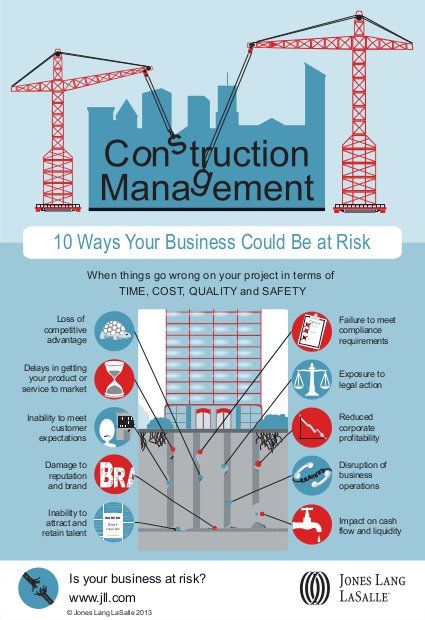When it comes to construction projects, there are no shortcuts to success. From planning and design to procurement and execution, each stage of the process requires a high level of expertise and attention to detail. This is where professional construction management comes in. In this article, we’ll explore why professional construction management is crucial for project delivery, and how it can help ensure that your project is completed on time, within budget, and to the highest quality standards.
What is Professional Construction Management?
First things first, let’s define what we mean by professional construction management. It’s a specialized field that involves coordinating all aspects of a construction project from start to finish. This includes everything from budget and schedule management to procurement, risk management, and quality control. Professional construction managers are highly skilled professionals who have both technical knowledge and management skills, enabling them to navigate complex construction projects and lead multi-disciplinary teams.
Why is Professional Construction Management Important?
There are numerous benefits to hiring a professional construction manager for your project. Here are just a few of the key reasons why professional construction management is so important:
1. Timely Project Completion – Professional construction managers have a deep understanding of project scheduling and are experts in time management. They work closely with contractors and subcontractors to ensure that every phase of the project is completed on time.
2. Budget Management – One of the biggest challenges of any construction project is keeping it within budget. Professional construction managers are skilled at managing project costs, negotiating with vendors and suppliers, and identifying cost-saving measures to ensure that your project remains financially sustainable.
3. Risk Mitigation – Every construction project involves some level of risk. Professional construction managers are trained to identify potential risks and develop strategies to mitigate them. This helps to minimize the chances of costly delays, accidents, or other setbacks.
4. Quality Control – Professional construction managers have a keen eye for quality control. They ensure that all work is completed to the highest standards and in compliance with all applicable codes, regulations, and safety requirements.
The Professional Construction Management Process
So how does professional construction management work in practice? The construction management process typically involves the following steps:
1. Pre-Construction Planning – This is where the construction manager works with the project owner, architects, and engineers to develop a comprehensive plan for the project. This includes detailed cost estimates, schedules, and risk management strategies.
2. Procurement – Once the plan is in place, the construction manager works to identify and select the best vendors and contractors for the project. This involves soliciting bids, negotiating contracts, and ensuring that all parties are aligned with the project goals.
3. Execution – During the execution phase, the construction manager works closely with the contractors and subcontractors to ensure that work is progressing according to plan. They are responsible for overseeing all aspects of the project, including safety, quality, and progress tracking.
4. Closeout – Finally, once the project is complete, the construction manager ensures that all loose ends are tied up, and that the project is handed over to the owner in a fully functional and complete form.
Choosing the Right Professional Construction Manager
Choosing the right professional construction manager for your project is crucial to its success. Here are some key factors to consider when making your selection:
1. Experience – Look for a construction manager who has a proven track record of success in managing projects similar to yours.
2. Certifications – Ideally, your construction manager should have credentials from recognized professional organizations, such as the Construction Management Association of America (CMAA).
3. People Skills – Construction managers work with a wide variety of stakeholders, from contractors and subcontractors to project owners and regulatory officials. Look for a manager who has excellent communication and leadership skills.
4. Technology – Finally, in today’s digital age, technology plays a critical role in construction management. Look for a manager who is familiar with the latest project management software and tools, and who can leverage these technologies to optimize project outcomes.
You might find these FREE courses useful
- Scrum Master Certification: Scaling Agile and the Team-of-Teams
- 7 In-Demand Scrum Master Certifications 2023
- Introduction to Agile Development and Scrum
- Project Practicum with Multiple Projects
Conclusion
In conclusion, professional construction management is an essential component of any successful construction project. With their specialized expertise, project management skills, and attention to detail, professional construction managers can help ensure that your project is completed on time, within budget, and to the highest quality standards. By following the steps outlined above and carefully selecting a qualified construction manager, you can set your project up for success from the outset.
